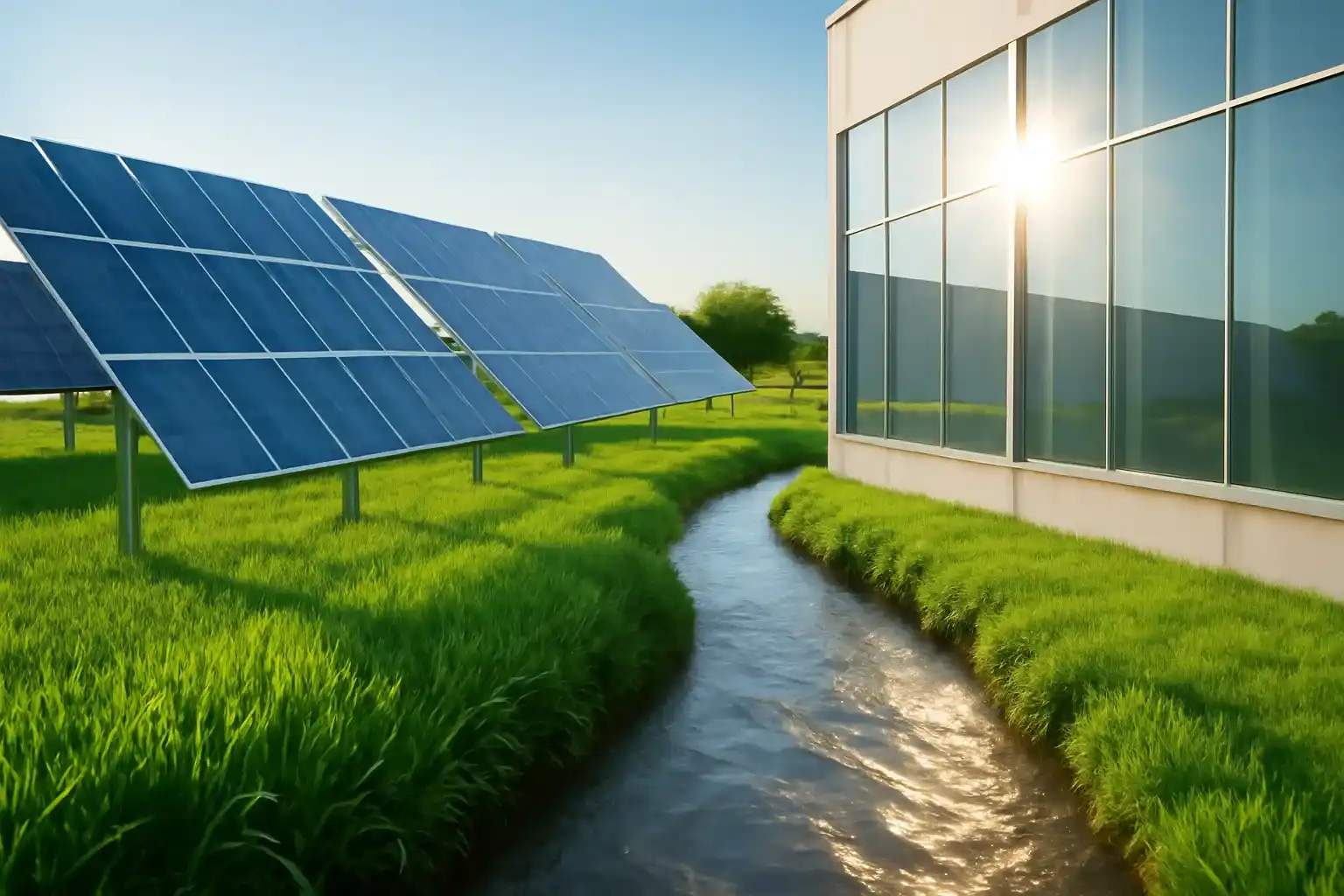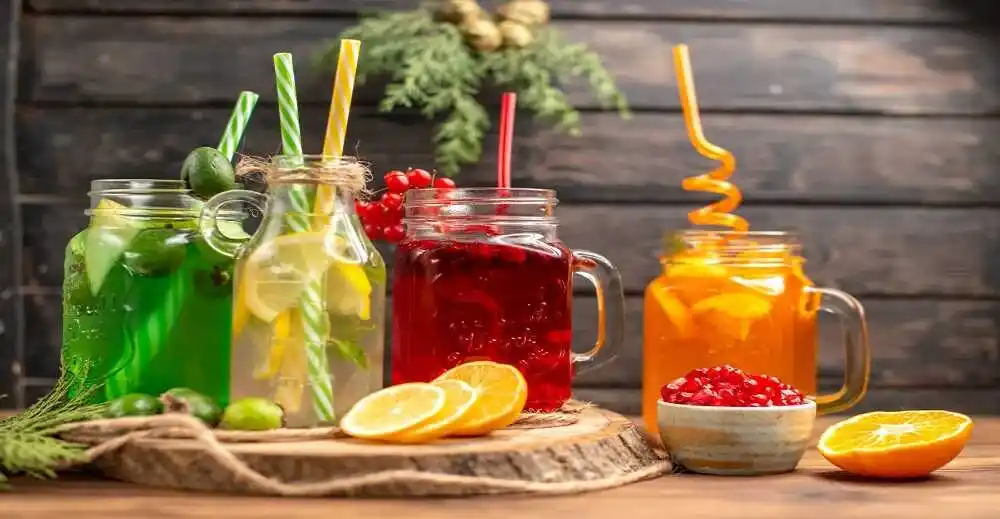The Impact of Recycling Initiatives on the Bottled Water Packaging Industry

As it provides an easy means of getting hydrated, the bottled water industry is always under sharp scrutiny regarding the environmental implications associated with plastic packaging. In addition to their colossal contribution to pollution in marine environments, huge concentrations of plastic bottles have accumulated in landfills and depleted natural resources. Recycling has become very crucial as it presents challenges and opportunities in an economy transitioning towards a circular system.
One of the major difficulties is contamination. Bottles improperly disposed of or containing residues-food or beverages-end up mixed with other types of waste, lowering the quality of the recycled plastic. This often makes the material unsuitable for food-grade applications, greatly reducing its value and limiting the recycling process. For instance, when a plastic bottle carrying sugar particles from a sugary drink is sorted together with other plastics for recycling, all the items become weaker and unsuitable for use in food packaging. This entails thorough washing and segregation procedures hence making the recycling processes costly and complicated. There is also a factor in the matter of demand of the market.
While the availability of recycled plastic in the market is on the rise, it has not reached the level of demand. Recycling efforts can only be encouraged if there is a market for recycled plastic products thus the need to expand the markets for recycled plastic. This requires more money to be spent on technologies for using recycled plastic in many ways rather than just the conventional use in the production of new bottles. Other areas include textile production, construction material manufacture, and even automobile parts. These markets expanded would lead to a higher demand for recycled plastic, increasing the recycling rate, and closing the loop in the plastic value chain.
There are, however, plenty of opportunities for recycling initiatives
- Packaging Design Innovation: The pressure to achieve realistic recycling rates has also encouraged innovation in packaging design. Consumers look for new and improved plastic that is lighter in weight and uses less material to produce each bottle of the same sturdiness and utility. This is not only economical on resources and materials, it also increases efficiency and decreases the emissions associated with transporting the vehicles. The industry is increasingly using 100% recyclable plastics, which are primarily PET with a very high recycling rate.
- Advancements in Recycling Technologies: Investment in the latest recycling technologies, such as chemical recycling and mechanical recycling, improve the quality of the recycled plastic so that it can be used in applications as wide as food-grade packaging. Chemical recycling decomposes the plastic having the capability to form virgin highly valuable new plastic. It is for such reasons that these technologies have the potential to increase the quality and use of recycled plastics and encourage further market demand.
- Circularity Shift: Minor amounts of waste pollution and resources are used and produced to the maximum extent possible in a circular economy. Recycling has forced bottled water firms to move to a circular economy system. In the circular economy, materials stay in use, are supplied to the market responsibly, and few wastes and emissions are created. This approach makes it easy for the industry to lower its impact on the environment, consume less virgin plastic, and therefore prop the creation of a sustainable future. This will therefore be a transition from the linear model of take-make-dispose to a circular model where the plastic is taken, made, disposed and reused cyclically.
- Improved Collection Infrastructure: Improving the collection infrastructure is one of the important success factors for recycling. It means extending curbside collection, making convenient drop-off centers, and establishing deposit-return systems. This can lead to increased volumes of recycled plastic, improved recycling rates, and, more importantly, a sustainable future for the bottled water industry.
- Consumer Education and Involvement: Public awareness campaigns and consumer education programs are important to educate consumers on recycling plastics and the proper disposal of plastic bottles. These can instruct consumers on how to separate and clean their packages properly to reduce contamination rates and improve the quality of recycled materials.
- Industry Collaboration: Industry stakeholders include manufacturers, retailers, governments, and non-governmental organizations, which must come together to support the successful implementation and scaling of recycling initiatives. For instance, in March 2024, as part of its continued commitment to supporting entrepreneurs and women-led companies in climate tech, Amazon's Climate Pledge Fund invested in Glacier, an AI and robotics company working toward a world without waste by helping the recycling industry. Co-founded and led by Rebecca Hu and Areeb Malik, Glacier uses AI-powered robots to automate the sorting of recyclables and collect real-time data on recycling streams for recycling companies and consumer brands.
- Extended Producer Responsibility (EPR) programs: EPR programs shift the cost of collection and recycling or disposal of products at the end of their useful life to the producers. This would encourage companies to create packaging that is easy to recycle and also set up recycling facilities. For example, each identified single-use plastic item that has been found to have low utility and high littering propensity has already been banned in India, and any use of such items has been prohibited effective July 2022, following the Plastic Waste Management Amendment Rules, 2021 as notified on August 2021, throughout the nation.
- Bottle deposit programs: These programs offer the consumers financial motivation to turn in the bottles they’ve used for recycling purposes. This in turn increases recycling rates while cutting contamination by a large percentage. By mid-2024, around thirty global countries had such plans in place; countries like Ecuador, most parts of Australia, much of Canada, Germany, the Netherlands, Croatia, and all of Scandinavia. These bottle deposit plans are likely to be launched in Europe later since new legal decisions need countries of the European Union to raise rates of collection of recycled productions.
- Public awareness campaigns: Educating consumers about the importance of recycling, proper disposal techniques, and the environmental benefits of recycling is crucial. These campaigns can effectively increase public participation in recycling programs.
- Advanced recycling technologies: Investments in research and development in advanced recycling technologies, including chemical recycling and mechanical recycling, are improving the quality and versatility of recycled plastic, thus expanding its potential applications and creating stronger market demand.
Get in Touch
Interested in this topic? Contact our analysts for more details.
Latest Blogs

Solar Control Window Films Market expected to reach USD 1,224.951 million by 2030
RecentlyTop Companies Leading the Silicon-Based Capacitor Revolution
Recently
The Role of Chemical Blowing Agents in Sustainable Foaming Solutions
Recently
Top 10 Emerging Beverages Set to Dominate the Market in the Coming Years
Recently